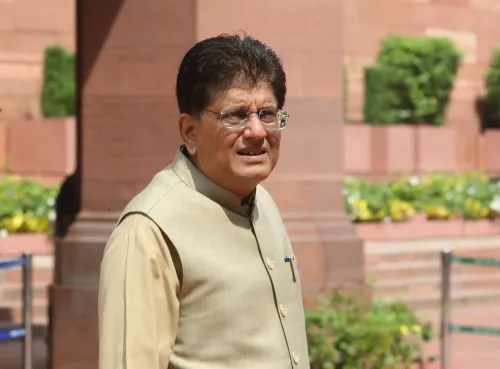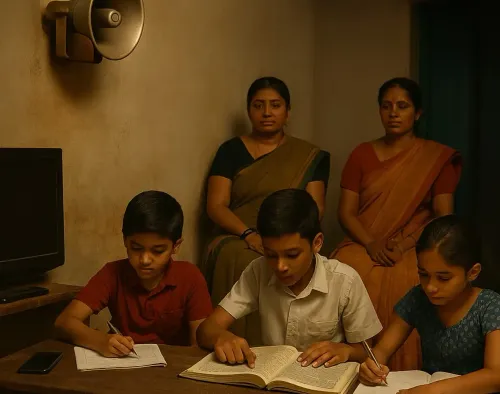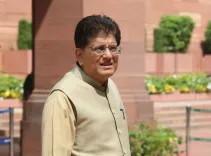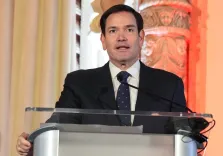What Does the Joint Select Committee Report on the Maharashtra Special Public Security Bill, 2024 Entail?
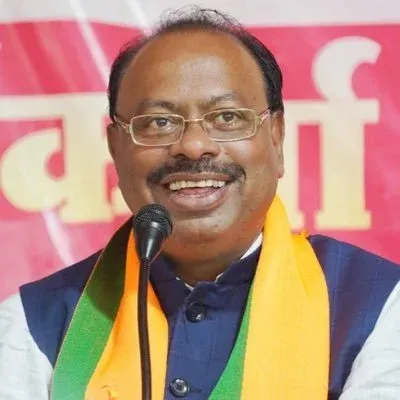
Synopsis
Key Takeaways
- The Maharashtra Special Public Security Bill, 2024 aims to address Left Wing Extremism.
- The joint select committee received over 12,500 public suggestions.
- Advisory board composition has been revised to include judicial representation.
- Investigation responsibilities are assigned to Deputy Superintendent of Police or higher.
- Public concerns regarding civil liberties are acknowledged and addressed.
Mumbai, July 9 (NationPress) Revenue Minister Chandrashekhar Bawankule, representing the Joint Select Committee, presented a comprehensive report on the Maharashtra Special Public Security Bill, 2024 during a session in the state assembly.
The minister emphasized that this significant legislation aims to combat organizations that are enticing youth towards Maoist ideologies and their affiliates. The committee has proposed an amendment to refocus the bill on curbing Left Wing Extremism (LWE), superseding the previously suggested urban naxal activities.
“The committee convened five times. There were some misconceptions regarding the bill. Consequently, some members proposed soliciting feedback from the public. This resulted in over 12,500 suggestions and amendments being submitted. The committee, along with the Legislative Secretariat, reviewed these inputs and made necessary adjustments to the bill,” stated Minister Bawankule.
He further noted that there have been attempts to create a negative perception around the bill, claiming it would target political groups. Initially titled, 'A Bill to Prevent Illegal Activities of Individuals and Organisations', the bill has now been amended to 'A Bill to Prevent Illegal Activities of Extremist, Left-Wing Organisations or Similar Organisations.'
The joint select committee has recommended these changes to the Maharashtra Special Public Security Bill, 2024. As a result, the focus will shift from 'certain unlawful activities of individuals and organisations' to 'certain unlawful activities of Left Wing Extremist (LWE) organisations or similar entities.'
This bill, initially introduced in the winter session of the state legislature last year, faced criticism over its potential to label individuals as 'urban naxals. Following this backlash, Chief Minister Devendra Fadnavis decided to refer the bill to the joint select committee.
The revised bill, incorporating the recommendations from the joint select committee, will be presented in the current legislative session.
Amendments to the bill became crucial, particularly in light of strong objections raised by opposition parties and various civil society organizations and NGOs, who were concerned about the extensive powers granted to the state government.
The 25-member joint select committee has advised the government to develop an inclusive policy to deter youth from gravitating towards Maoist ideologies and facilitate their reintegration into mainstream society.
According to the suggested amendments, the advisory board responsible for designating an organization as unlawful will now include a sitting or retired High Court justice, a retired district judge, and a public prosecutor from the High Court, with the High Court justice serving as the chairperson.
Previously, the advisory board consisted solely of a High Court justice or an individual of equivalent qualification. Additionally, the joint select committee proposed that the investigation of crimes under this bill be conducted by an officer of at least the rank of Deputy Superintendent of Police. Members highlighted that crimes investigated under the UAPA and Prevention of Atrocities Act are handled by officers of no lower rank than a deputy superintendent of police.
Earlier, investigations were to be conducted by officers of the Police Sub-Inspector rank. Minister Bawankule mentioned last month, “Four other states have similar acts, and the state government anticipates the passage of the Maharashtra Special Public Security Bill, 2024 in the upcoming monsoon session. This legislation aims to address the urban naxal threat and enhance the prevention of certain unlawful activities.” Notably, the term urban naxal has been omitted in the amended bill.


